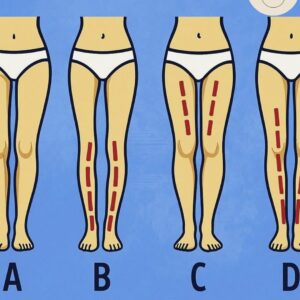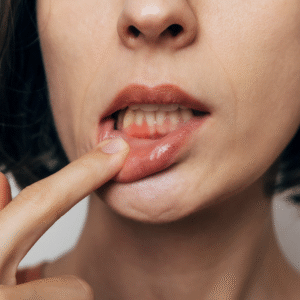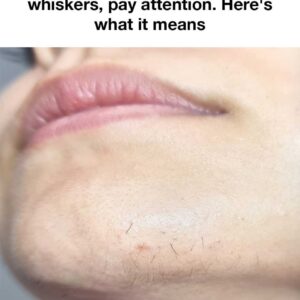**Diabetes often presents subtle nighttime symptoms that shouldn’t be ignored.** One major sign is **“frequent urination,”** caused by high glucose making the kidneys work harder. This disrupts sleep and causes **“increased thirst and dry mouth”** from fluid loss.
Low nighttime blood sugar can lead to **“night sweats and hypoglycemia—marked by trembling, hunger, confusion, or heart palpitations.”** These symptoms may cause you to wake up suddenly or feel unwell at night.
Another warning sign is **restless legs syndrome,** which can be linked to **“nerve damage from high glucose levels.”** Sleep apnea, often tied to obesity and insulin resistance, also interferes with restful sleep.
**“Persistent fatigue, despite adequate rest,”** along with insomnia or other sleep disorders, may signal blood sugar issues. If you’re always tired even after sleeping well, it’s worth paying attention.
Other overlooked signs include **“dark patches of skin,” “unexplained weight loss,” “blurred vision,” “skin tags,” and “slow-healing wounds.”** These may point to **poor blood sugar regulation** and potential prediabetes or diabetes.





